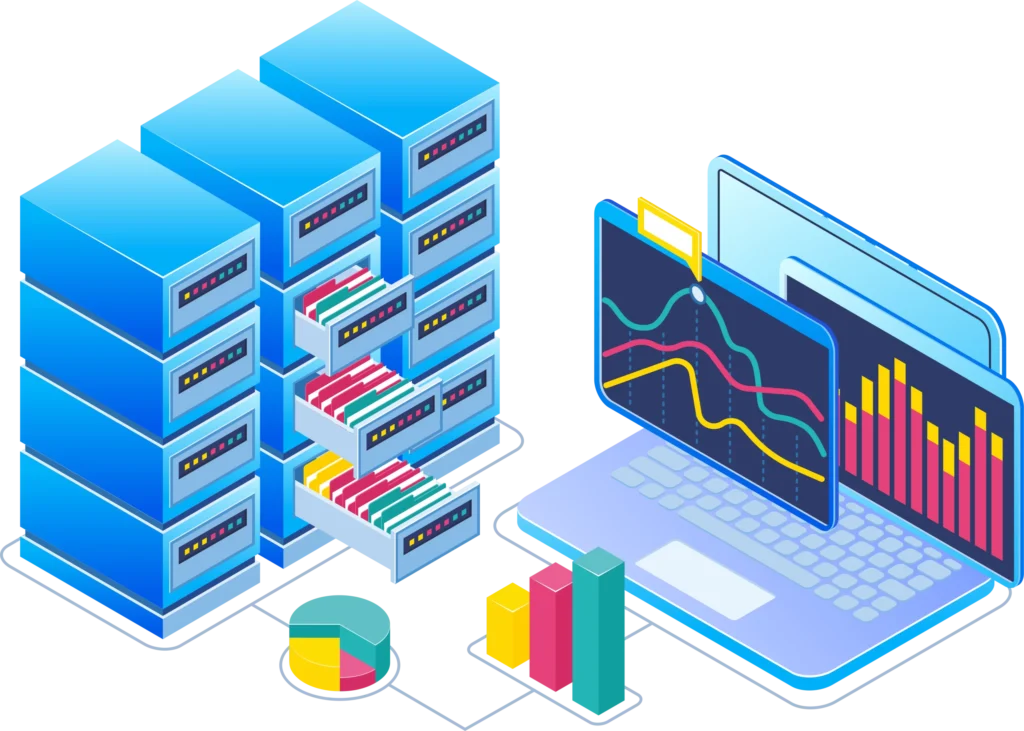

We delve into the various components and frameworks that make up the big data ecosystem, enabling businesses to process, analyze, and derive insights from massive volumes of data.


Managing data with strategic approach and assisting organizations to expand globally in all ways possible.
Big data technologies continue to evolve rapidly, driven by the need to handle larger datasets, process data in real-time, and derive actionable insights. These technologies empower organizations to unlock the value of their data, optimize operations, and gain a competitive advantage in today’s data-driven world.











Big data comes with unique security and governance challenges. In this section, we discuss best practices for securing big data environments and ensuring data privacy. We explore techniques for data encryption, access control, and compliance.
Big data technologies play a crucial role in enabling machine learning and AI applications. By utilizing large volumes of data, organizations can train and deploy models for predictive analytics, anomaly detection, recommendation systems, and more.
Cloud computing has revolutionized the way organizations handle big data. Cloud platforms like Amazon Web Services (AWS), Microsoft Azure, and Google Cloud Platform (GCP) offer scalable infrastructure and managed services tailored for big data processing.
With 19+ years of Excellence, We Offer A Wide Range Of Customized High-Quality Research-Based Talent Consulting Services.
Big data analytics helps in detecting and preventing fraudulent activities by analyzing vast amounts of financial transactions and identifying anomalies.Big data technologies provide tools to analyze market data, customer behavior, and other factors for accurate risk assessment in investments and lending.
By analyzing customer data, financial institutions can segment their customers for targeted marketing, personalized recommendations, and improved customer experience.
“Humac Inc has been our valued partner and consistently
delivers with excellence.”

VP-Operations












